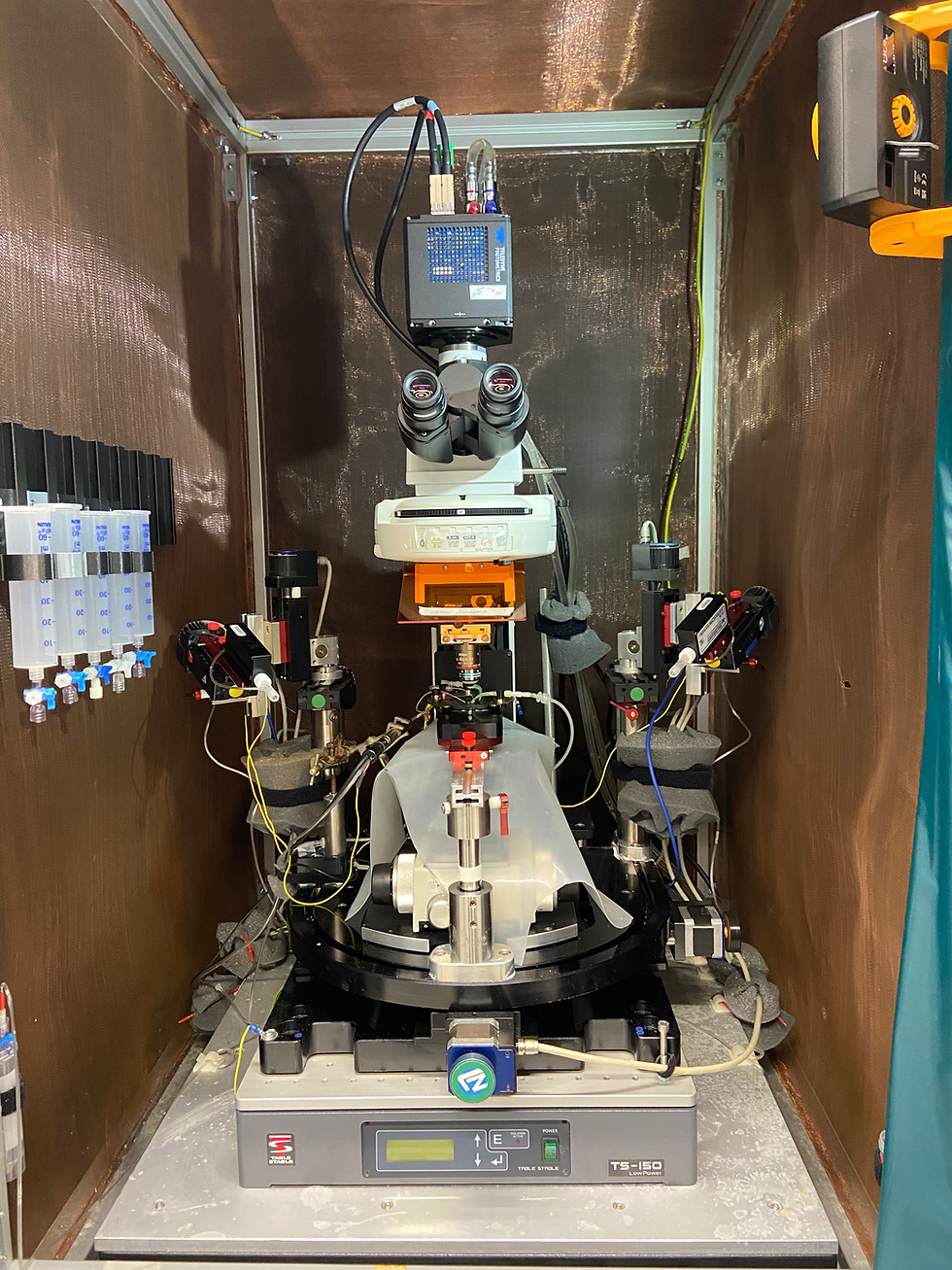fallen leaves 4: David Bohm
- Naoki Kogo
- Sep 4, 2024
- 1 min read
When I was a physics student, I read "Causality and Chance in Modern Physics" and "Wholeness and Implicate Order" both by David Bohm. In those, he described and categorized the views of causality: (1) the deterministic mechanics (the view of classic dynamics) and (2) the stochastic mechanics (the view of quantum physics where at the most elementary scale of matters, the law of physics is probabilistic, and once properties of a matter are decided at the level, the rest is mechanistic).
But Bohm went further. He famously came up with the idea of a "pilot wave" (with de Bloglie) as a solution for the EPR paradox (see this page). He saw the solution for the EPR paradox was the "wholeness" of the universe, just as John Bell's theory indicated later. For him, the second view above (2) was not sufficient. Because of the EPR paradox (a paradox of describing multibody problems in quantum physics), he thought the line of thought in (2), at a microscopic level things are probabilistic but once they are decided, the rest is deterministic, is not a sufficient view of the universe.
The universe is holistic.
But then, how can we describe the universe with causality?
Isn't this a breakdown of the most fundamental assumption in science?








Comments